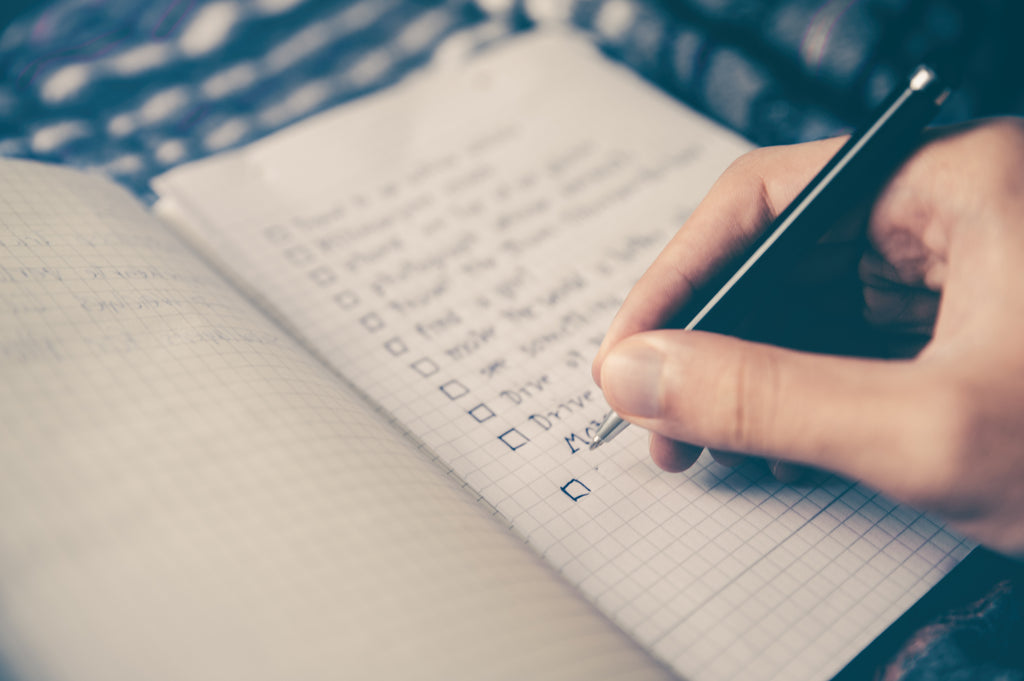Whether you or a loved one has become increasingly forgetful, has been diagnosed with dementia or Alzheimer’s disease, the reality of dealing with ongoing memory loss can be daunting. Often the first thing that comes to mind is how is this person going to remain independent? The activities and tasks that were once completed with ease and speed will now take more time and energy. The idea of asking for help to complete these tasks, let alone knowing what type of help is available is yet another hurdle to overcome.
So where do you start? Create a coping strategy. Firstly, make a list of the activities that you or your loved one are finding increasingly difficult to complete. Next prioritize. Ask yourself if the task you are trying to complete will help you reach your goal? Then finally, strategize! Find the solution that works best for you. The most important part of developing a strategy is to make sure the plan is easy. The key is to preserve you or your loved one’s independence and let them live their lives with as much joy and ease as before.
Strategy #1: Set goals
Firstly, set realistic goals and expectations of what you or your loved one can accomplish. It’s important to remember that these objectives must be realistic. Use the skill set that the person already has to complete the required tasks. It’s okay to ask for help. Some of the goals might be too difficult to achieve alone. Never hesitate to reach out and request assistance. Additionally, give yourself a reasonable window of time to complete the task. Remember the saying ‘if at first you don’t succeed try, try, try, again’, when attempting to reach a goal. There is no shame in trying different strategies to reach that objective.
Strategy #2: Create a routine
Create a routine to accomplish those goals. Remember, don’t plan too far ahead. Having a routine is one of the best ways to jog a person’s memory. Write this routine down on paper or a dry-erase board. It’s important to have it clearly displayed in your home so that you or anyone else can refer to it. What is important to consider is that a routine must be flexible. It cannot be so rigid that it can’t account for the occasional doctor’s appointment or an unannounced visit from family members. Regular patterns of behavior will not only make you or your loved one’s feel secure and comfort, but it will be an excellent way to aid the memory as well.
Strategy #3: Write it down
Having a notepad to jot ideas or tasks down is important. Don’t rely solely on you or your loved one’s memory to store information. If it’s not a piece of paper, a person could use a bulletin board or a dry-erase board. Any type of prominent location in the person’s home will work. The important part is that the notes taken can be read by the note taker themselves as well as their caregiver.
Strategy #4: Use technology
The beauty of living in the 21st century is the amount of technology that is available to help you or your loved one remember activities or responsibilities. Today’s cellular phone with its myriad of prompting services is more than capable of reminding a person about scheduled appointments. Additionally, it can alert its user when it’s time to take certain prescribed medications.
Strategy #5: Label and organize
Regardless if you suffering from any form of memory loss, experts often agree one of the most important ways to remember things is by organizing them together. For example, put all of your keys in the same bowl or drawer. Place all of your cookbooks on the same shelf or throw all of your pens and pencils into the same jar. In addition, make sure that you or your loved one’s drawers, storage boxes and containers are clearly labeled. This in combination with placing like items in the same place will go a long way to reduce a person’s anxiety and stress level when trying to find an article.
Strategy #6: Use a clock with a date display
 Having a large clock that displays the day of the week and time can be very helpful in jogging a person’s memory. Whether that clock is located in the kitchen or there are more than one of these clocks situated throughout the household, their bold and clear display cannot be overlooked. They send a clear reminder of the day and time and increase a person’s orientation.
Having a large clock that displays the day of the week and time can be very helpful in jogging a person’s memory. Whether that clock is located in the kitchen or there are more than one of these clocks situated throughout the household, their bold and clear display cannot be overlooked. They send a clear reminder of the day and time and increase a person’s orientation.
There is a tremendous amount of things to consider when faced with memory loss. First and foremost is determining how you or your loved one will retain their independence as elements begin to change. Determining the most important tools that can be used to help a person’s fading memory will not only bring them comfort but it will allow them to live independently for as long as possible.
American Lifetime understands the importance of remaining independent when faced with memory loss. That’s why we offer our state-of-the-art Day Clock. It is designed to help those experiencing the challenges of memory loss to continue to live with independence and ease.
 Fast, Free Shipping On All Orders
Fast, Free Shipping On All Orders 

